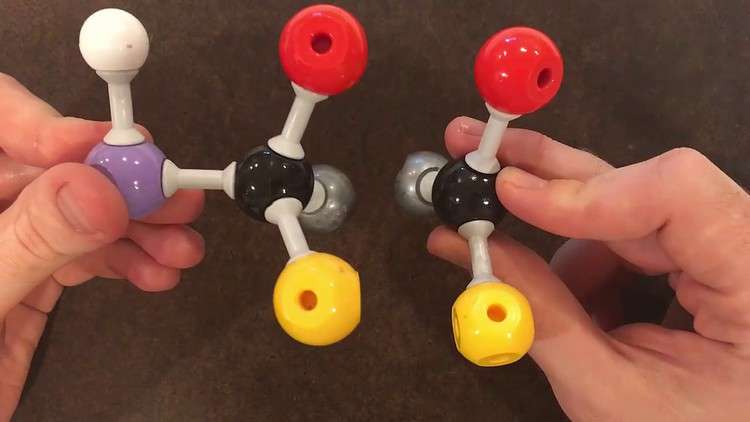
Stereochemistry
What you will learn
Basics of sterereochemistry
Description
Course includes
1. History, introduction and some important definitions on stereochemistry Subdisciplines of Stereochemistry
2. Classification of Isomers
3. conformational and there types
4. stereoisomers with examples
5. geometrical isomers with examples
6. optical isomers ,optical activity with examples , enantiomers Diastereomers Differentiate chiral and achiral molecules. 2. Recognize and draw structural isomers (constitutional isomers), stereoisomers including enantiomers and diastereomers, racemic mixture, and meso compounds. identify objects as “chiral” or “achiral.” You can identify an “internal mirror plane” when an object has that intrinsic property. Visualization: Chiral and achiral objects Visualization: Symmetry elements in molecules; explore the difference between rotation axes and mirror planes.
7. introduction to plane polarized light
8. “chirality” and can describe this in terms of “handedness” or of superimposability of a mirror image.amount of spatial information necessary to identify whether an atom is stereogenic, and how much is necessary to define the absolute stereochemistry of that atom.
The relationship between the presence of one or more center of chirality and the overall chirality of a molecule (or the lack thereof). You can recognize both achiral compounds that contain centers of chirality (meso compounds), and chiral molecules that lack any center of chirality.
9. absolute configuration efinitions of key stereochemical relationships: enantiomers and diastereomers. Enantiomers and Diastereomers
10. Cahn-Prelog-Ingold system to identify group priorities around an atom and define whether the absolute stereochemistry is R or S. Fischer projections correctly to describe stereochemical properties of compounds with multiple stereogenic atoms
11. D and L R and S Cis and trans E and Z nomenclature
12. Meso compounds
13. Nomenclature to Atropisomers
Content